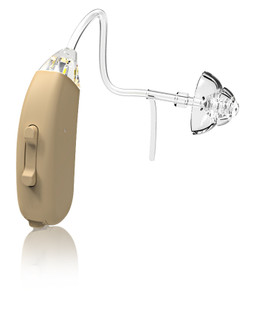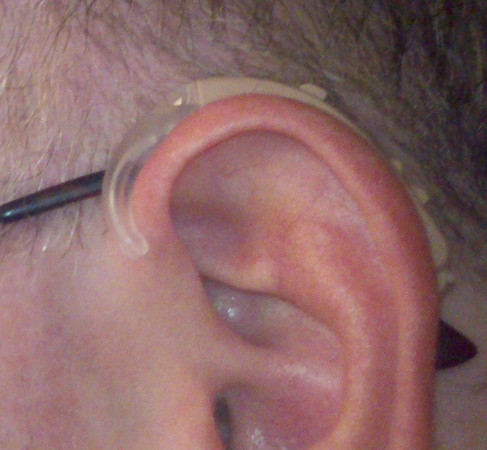Understanding the Causes of Hearing Loss: From Genetics to Environmental Factors
Posted by DR Paul on Sep 21, 2024
Hearing loss is a common condition that affects millions of people worldwide. While many may think that hearing loss only occurs as a result of aging, there are actually a variety of factors that can contribute to this issue. In this blog post, we will explore the different causes of hearing loss, from genetic predispositions to environmental factors, in order to help you better understand the complexities of this condition.
Genetics: One of the primary causes of hearing loss is genetics. Some individuals may be born with genetic mutations that make them more prone to developing hearing problems later in life. These mutations can affect the structure and function of the inner ear, leading to difficulties in processing sound signals. If you have a family history of hearing loss, it is important to be aware of your genetic predisposition and take proactive steps to protect your hearing.
Noise exposure: Another common cause of hearing loss is exposure to loud noises over an extended period of time. This type of hearing loss, known as noise-induced hearing loss, can occur in individuals who work in noisy environments or engage in activities that involve loud sounds, such as attending concerts or using power tools without ear protection. To prevent noise-induced hearing loss, it is important to limit exposure to loud noises and wear ear protection when necessary.
Aging: Age-related hearing loss, also known as presbycusis, is a natural part of the aging process and affects many older adults. As we age, the hair cells in the inner ear begin to deteriorate, resulting in gradual hearing loss over time. While age-related hearing loss cannot be prevented entirely, there are ways to manage and treat this condition with the help of hearing aids and other assistive devices.
Ototoxic medications: Certain medications have been known to cause damage to the inner ear and lead to hearing loss. These ototoxic medications include some antibiotics, chemotherapy drugs, and high doses of aspirin. If you are taking any medications that may have ototoxic effects, it is important to consult with your healthcare provider about potential risks and alternative treatment options.
Health conditions: Various health conditions such as diabetes, cardiovascular disease, and autoimmune disorders can also contribute to hearing loss by affecting blood flow or causing inflammation in the inner ear. It is essential for individuals with these underlying health issues to monitor their hearing health closely and seek treatment if they experience any changes in their ability to hear.
Conclusion:
In conclusion, understanding the different causes of hearing loss can help individuals make informed decisions about protecting their auditory health and seeking appropriate treatment when needed. Whether your hearing loss is due to genetics, noise exposure, aging, ototoxic medications or underlying health conditions – there are solutions available that can improve your quality of life and allow you to continue enjoying all the sounds around you.
If you suspect that you may have a problem with your hearing or if you are experiencing symptoms such as difficulty understanding speech or ringing in your ears (tinnitus), it is important to schedule a comprehensive evaluation with an audiologist who can assess your level of hearing loss and recommend personalized solutions such as hearing aids tailored specifically for your needs.
Remember that early detection and intervention are key factors in managing any form of Hearing Loss so do not hesitate reaching out for help whenever necessary!










